Northport High School graduate Peter Calandra’s career as a composer and pianist has brought him acclaim and success in the worlds of Broadway, off-Broadway productions, and film and television. He is renowned for his work, which includes composing music for the FIFA World Cup themes and playing keyboard in major Broadway productions like The Phantom of the Opera and Little Shop of Horrors. Despite his impressive journey, Calandra’s high school years were not without their challenges. We had the privilege of sitting down with Mr. Calandra to talk about his formative high school experiences and the remarkable trajectory of his life and career.
What was your time at Northport High School like?
I did really well on standardized tests, but I did really poorly in school because nothing really interested me. There were some teachers there that were really attuned to this, and other teachers there that weren’t really attuned to it at all. I ended up getting a lot of teachers that weren’t attuned to that and it made for a not great experience for me. So I have to say that I did not have a good experience in high school. But, I made friends, people that I’m still friends with to this date. People I’ve known since elementary school, people I met in junior high, people I met in high school. That was good. I think I graduated high school with somewhere between a 70 and a 75 average, which if any of you graduated from high school now, you wouldn’t get into any decent college. Things were different back then. City University of New York had an open enrollment policy, so I was eventually able to go to Queens College. On one hand it was a bad experience, but on the other hand, there were things the school had I was able to take advantage of. I wasn’t in the marching band, orchestra, chorus or the choir. None of them. But, there was the electronic music studio and the feedback I was getting by the way I played the piano. I saw a path forward because everything else looked pretty dark.
Were there any specific experiences at Northport High School that inspired your passion for music?
The moment that changed my existence was that there was a piano in what was called “The Senior Well”. I don’t know if you know the history of “The Commons”… on the outside perimeter there used to be a boundary of lockers. It made a wall so you could be inside of the well and not be seen from the Commons. There was one area each for 10th, 11th and 12 grades. For a while there was a piano in the senior well. I was in, I think, eleventh grade and I had just figured out the Derek and the Dominoes song “Layla” that has the long piano coda at the end that’s really pretty. I figured that out by ear. One of my friends, Mike, said, “Why don’t you play? There’s a piano in there now.” I’m like, “Nah, I don’t want to do it.” Anyway, he kind of forced me to sit down and play, and I just started playing and closed my eyes. And seven or eight minutes later, I opened my eyes and there were about fifty people watching and clapping. And I was like, “Somebody paid attention to me for the first time.” And I just thought, “Yeah, I could enjoy this. This is something I can do.” That was when I decided that I wanted to pursue music.
Were there any classes at Northport High School that furthered your interest in music?
When I was a senior, I took three classes with the late Walt Schneider, who was the head of the music department. I took two theory classes with him, and I took an electronic music class with him. I lived in the piano practice rooms from eleventh to twelfth grade, and one of those rooms was turned into an electronic music studio. Schneider was very forward-thinking, and there was a lot of money around then. He had spent seven or eight thousand dollars and purchased two Moog synthesizers – a Minimoog and a Moog Sonic Six. Then he set up a room that had an acoustic piano and these two synthesizers. It also had a little mixing console, and a four track reel to reel tape recorder. You could sign out the room, and I used to go in there a few times a week and just play around with these instruments and practice recording things on the tape machine. And you used to be able to sign the Sonic Six synthesizer out. It was housed in a big suitcase, and I can remember riding down on my friend Mike’s bicycle. His bike used to have one of those metal carrying things on the back, and I would sit on that holding onto this big suitcase and we’d be tooling down Laurel Avenue to my house. It’s kind of funny to think about, but at that point, school didn’t really matter to me. It was tough because my parents were constantly on my case about my grades, but I just had something that I loved doing. And I was going to pursue it no matter what because it was the first thing that I did that made me happy.
What was your college experience like? Were there any individuals during that time who have made a difference in your life?
I graduated from Northport in 1975. I went to a community college for two years, played percussion in the orchestra, and was in the Suffolk Community College big band. Then I took a year off from community college because I was working six nights a week at that point playing in bar bands. I decided to go to Queens College in 1978. When I went there, that was really a life-changing moment for me. It was not perfect, but I got all the right teachers. I got teachers who looked at me and saw what I wanted to do and what I was capable of doing instead of looking at me as someone with long hair and torn jeans. If I had been assigned different teachers, I would’ve had the same experience I had when I was in high school. I met this man, Sol Berkowitz, who was my mentor. He graduated from Queens College, I think, in the late forties. And then he went to Columbia, and then he came back and he started teaching at Queens College. He left teaching in the early 1960’s because he started working as a dance orchestrator and arranger on Broadway shows. Even when he came back to teaching, he still did professional work. He orchestrated for the Feld Ballet. He published books. He had been somebody who paid his way through college by playing in the Catskills Resorts in the 1940s. He was very helpful. I met another man named Howard Brofsky, who was a history teacher and a jazz trumpet player. He took a liking to me and helped me out with great suggestions as to who to listen to etc. There were these really good male adult role models for me. They were highly intellectual, educated men who were incredibly smart. I looked at these people and thought, “Wow, they’re so successful. That is so cool.” It was just really an amazing situation for me. If my high school experience had been 10% of that, 15% of that, I would have a different perspective on it. I’m just really thankful that I went there.
What was your first “big break?”
My music theory teacher that I had my freshman year of college was a guy named Robby Merkin, who was at that time a doctoral student at the CUNY Grad Center. We were friends, and I had been in the city after I graduated from college at a rehearsal for a gig in town. I gave him a call to see what he was up to. We were talking, and he said, “Hey, what are you doing now?” And I just told him I was gigging around and just trying to figure out what was next. And he said, “Why don’t you come down and take a look at this thing I’m doing? I’m looking for somebody to sub for me when I take off.” So I went down to a place called The Orpheum Theater in the East Village, and it was the original Little Shop of Horrors. He was the orchestrator and the keyboard player for that. I’d never really played theater before, but I walked into that theater and it was totally packed. It was the funniest thing I’d ever seen. It was just a four piece band. I thought, “I’ve been playing this kind of music in bars so I can do this” Then I just looked to see who’s in the audience. I mean, Cher was there. Robert Redford was there, too. And I was like, “Wow, this is really cool.” So Robby gave me a copy of the songbook, and I spent the next bit of time, five to six hours a day learning how to play everything in there. There was some stuff that was tricky for me, but I worked like a dog on it. After about five or six weeks of this, he put me in and I did well. And then by the end of the next summer, he had left the show and I was hired full-time. So that was just like a stroke of luck, and I can trace 90% of my career from that one phone call.
What message would you like to convey to students who aspire to pursue a career in the arts or music?
The thing is that you never know who you’re going to meet and where they’re going end up. You need to have good relationships. Not in a cynical, fake way, but you need to be friendly with people. But don’t get into arguments if things don’t work out. It’s not worth it, because you never know who your next connection is going to be. In this business, it’s a combination of what you know and who you know. Learn as much as you can about the subject matter that you’re pursuing. Let’s say that you’re an actor or an actress. Don’t just learn how to act. Learn what the people before you did. Watch old films, even if they look dated, study them. I’ve listened to the early films where the music was horrible, but it was considered groundbreaking for its time. Also, learn as much about technology as you can. If you’re a musician, learn your instrument, but learn the computer as well, because the computer is the 21st-century musical instrument right now. Learning how to use technology enables you to create your own work. That technology combined with formal study and training and really learning about music or whatever art you’re doing is a powerful tool that’ll give you a leg up on the people who don’t know anything and are just putting sounds together. To keep it short, study, learn technology, and have a dream. Ask yourself what it is that you want to do and then figure out how to get there. Be prepared to fail 90% of the time. Something can happen overnight, but for most people who are really successful, it takes time. All the failures can be things you learn from. If a door opens and you get try something, It doesn’t have to be perfect the first time, but if it’s really good and they call you back again the next time, work hard and make it better.. If somebody wants to get involved in the arts, I would never tell them not to do it. But what I would tell them is that you need to understand that this is the life that you’re choosing. You’re going go through a lot of heartache. You’re going to struggle and scuffle. But if you are successful, the feeling is amazing. Unless you give everything to it, the chances of succeeding are very slim.
What would you say to students at Northport today? Specifically, students who aren’t having a great high school experience, or maybe who feel like they don’t click or fit in the right way?
Find something you love, because love will take you through everything. It’ll take you through the darkest days. Love is the essence of getting you through so much. If you have something that you really love doing, it doesn’t have to be considered “standard.” I have friends who love working on cars. That’s just as valid as anything. They’re doing something they love. They maybe weren’t good academically in school, but they could be successful as adults. They could contribute and make a positive addition to society. You’re here once that you know of. Find something you love, go out into the world, and try to make it a better place. That was the thing about me playing music. When I was playing shows that people came to, they were entertained. People come and they just escape from reality for a little while. It makes everything a little bit better. You have a positive effect on the world. I think that it’s really important to emphasize that you’re here once – you want to leave the place better than when you came.

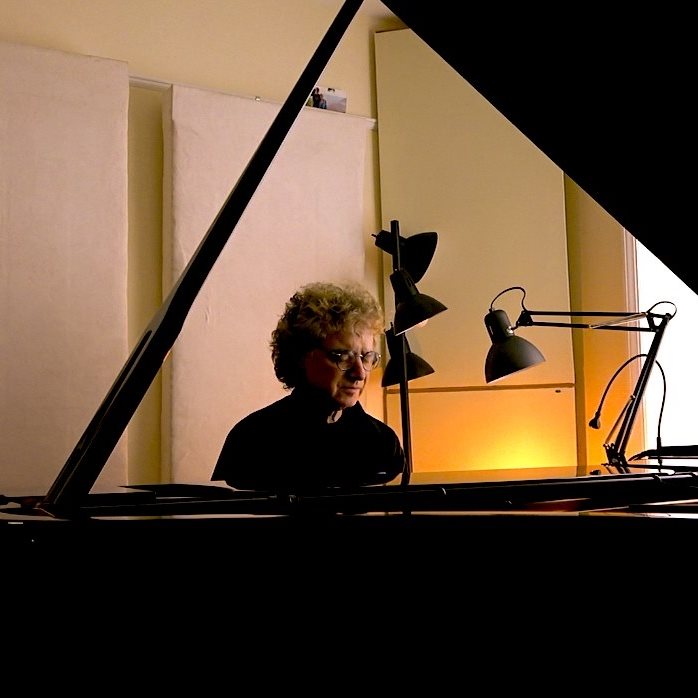
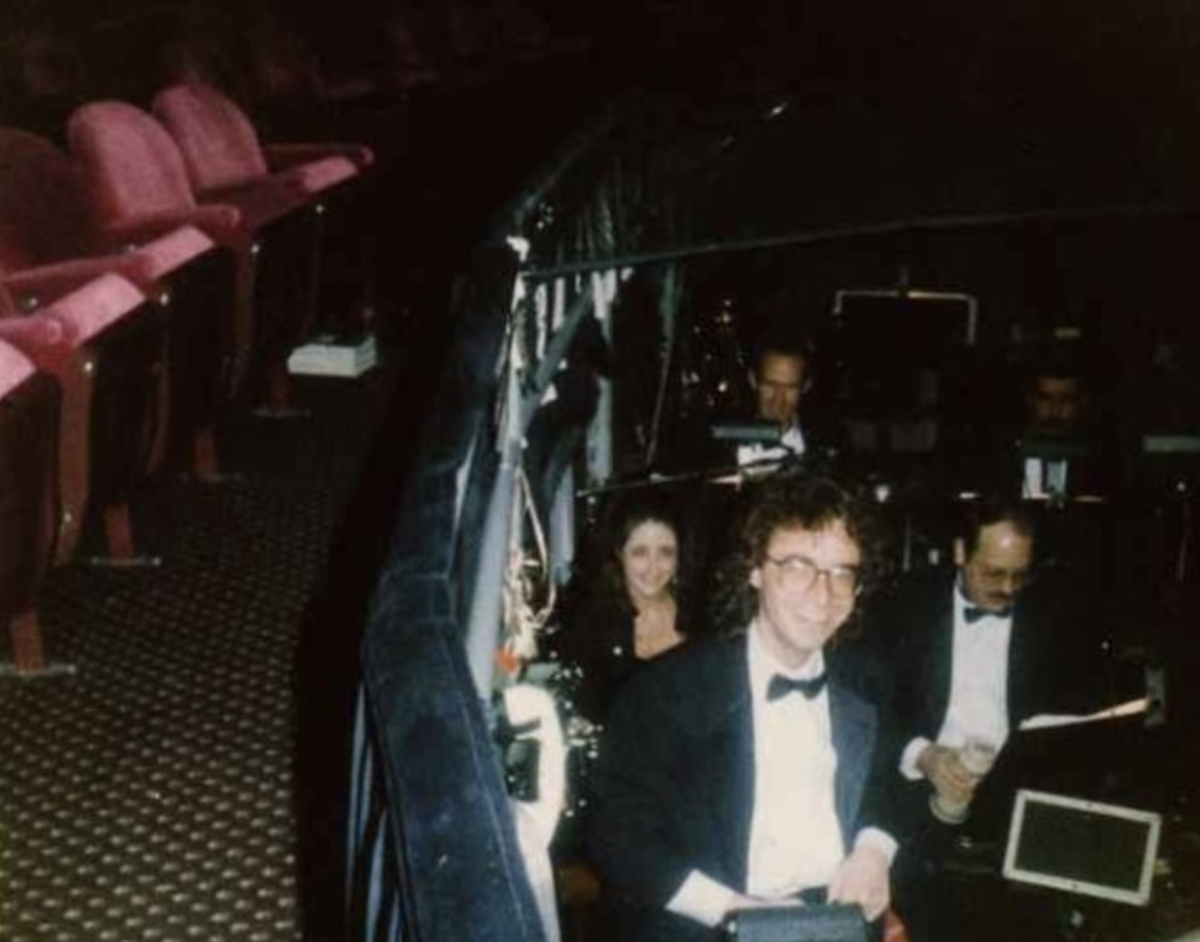
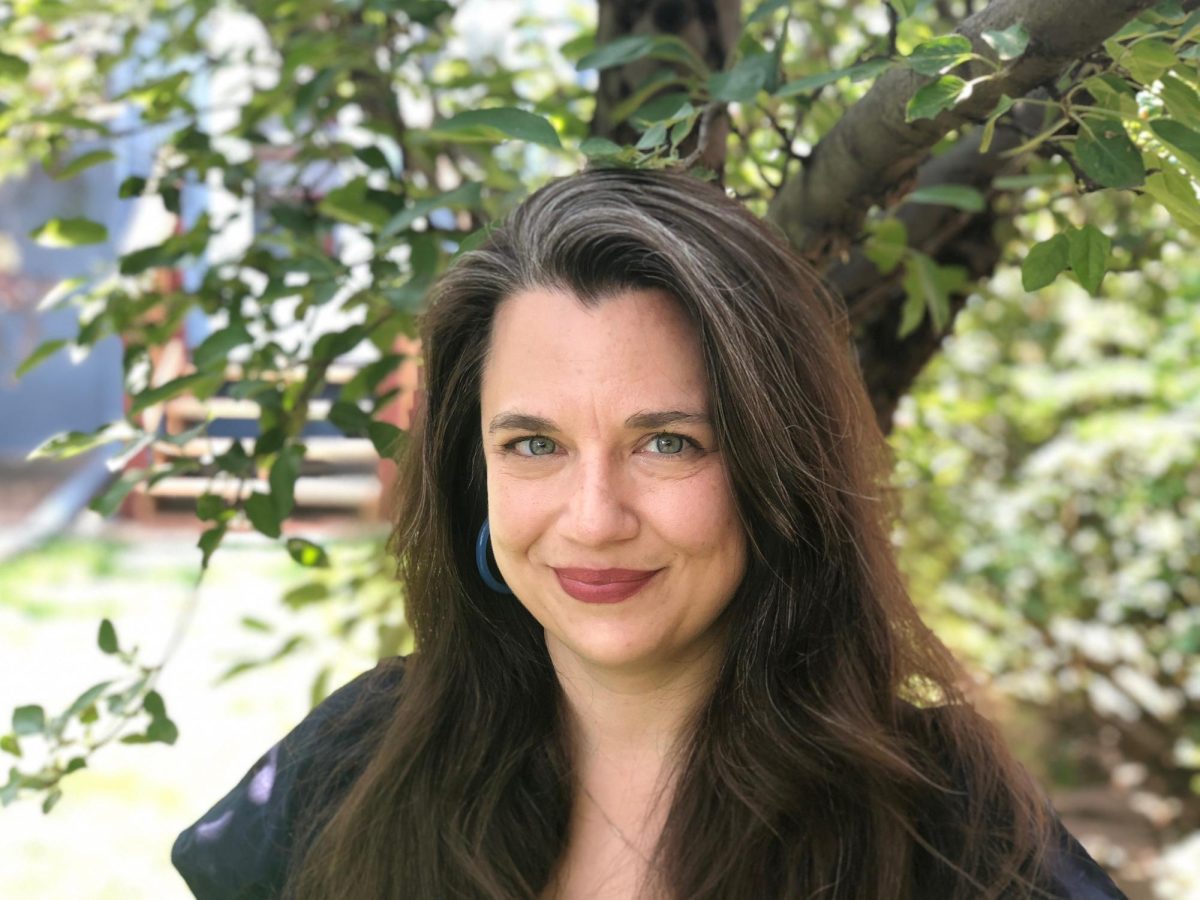
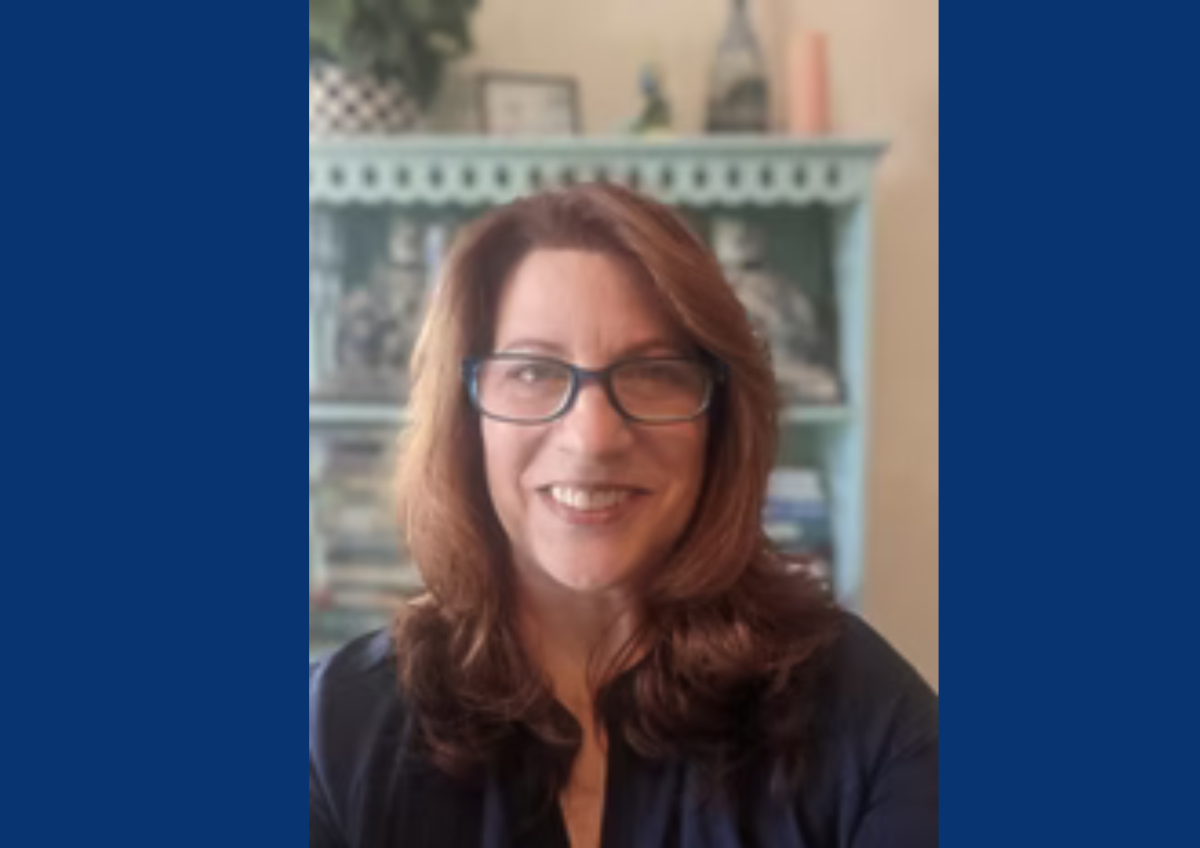
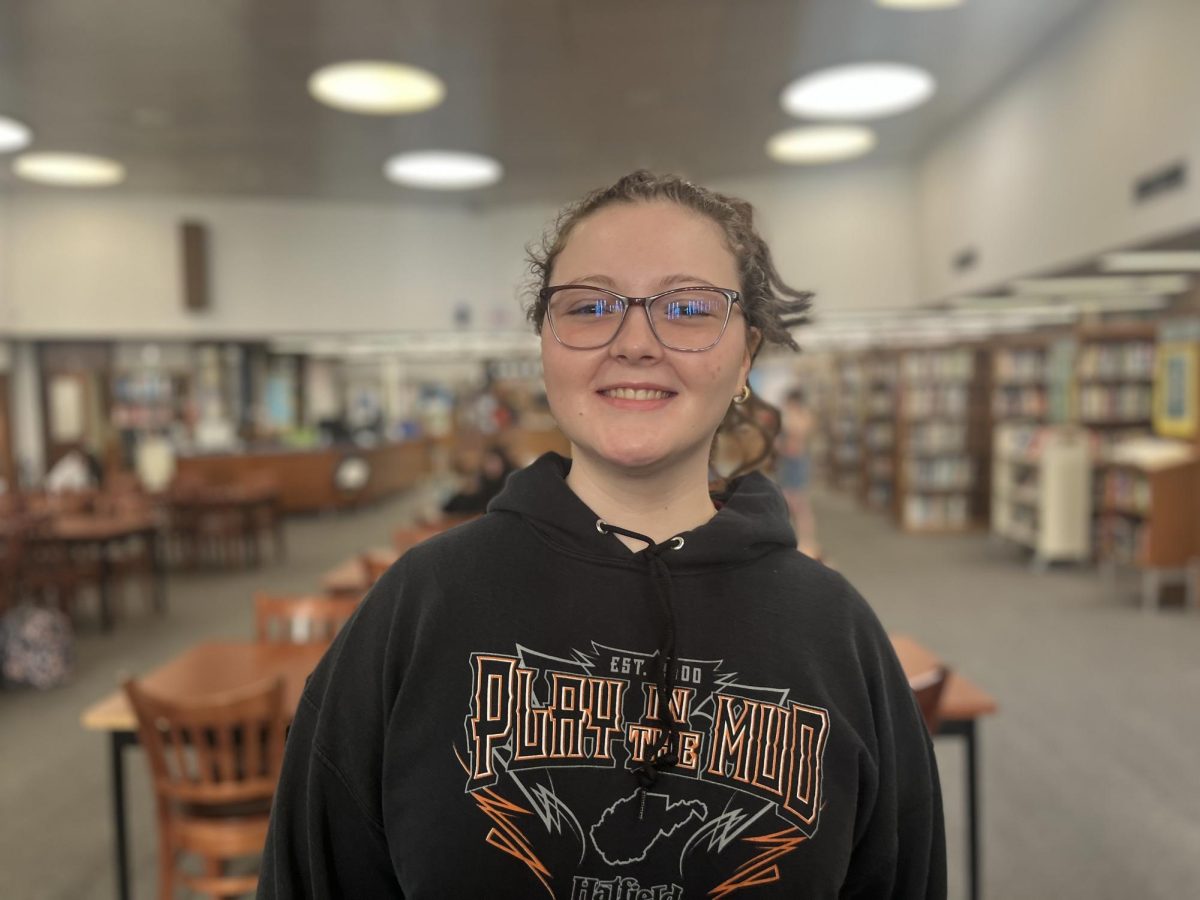
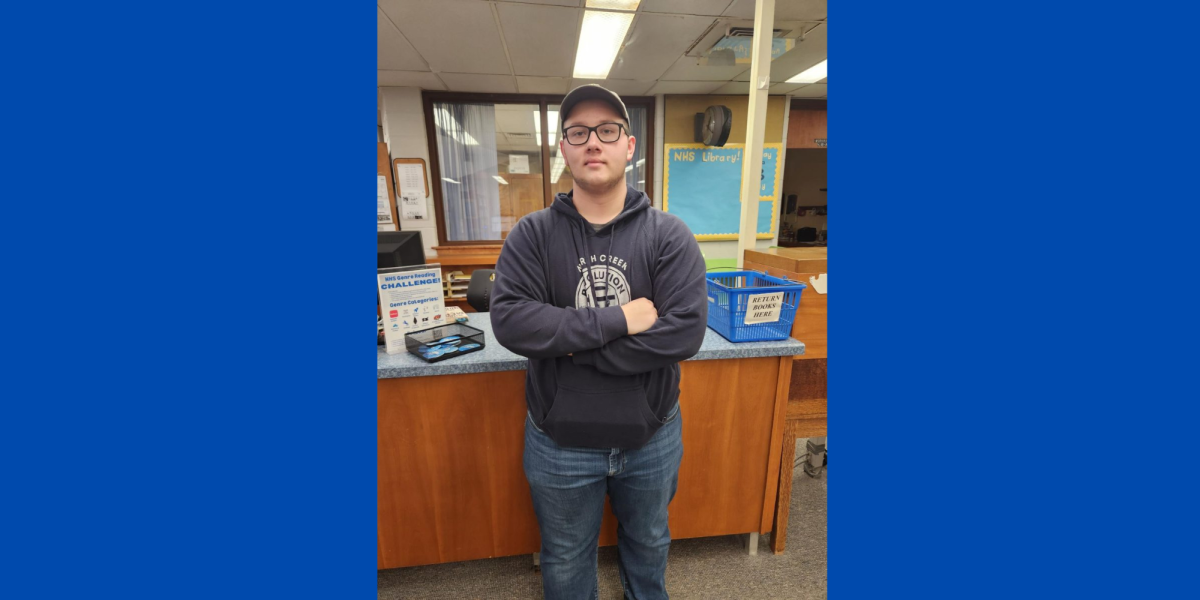
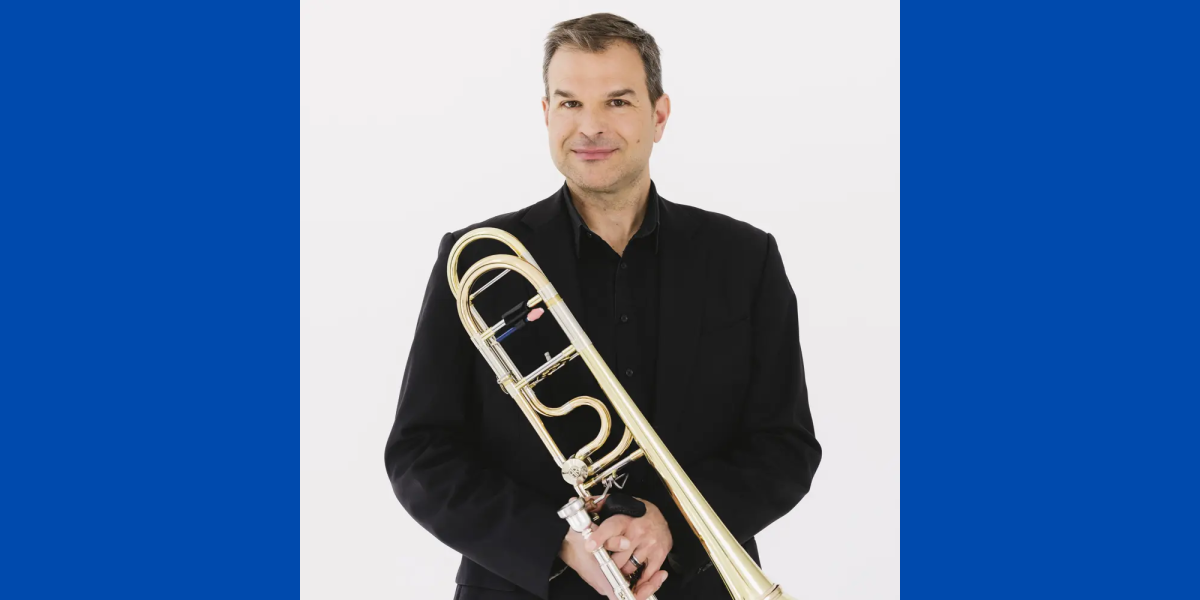
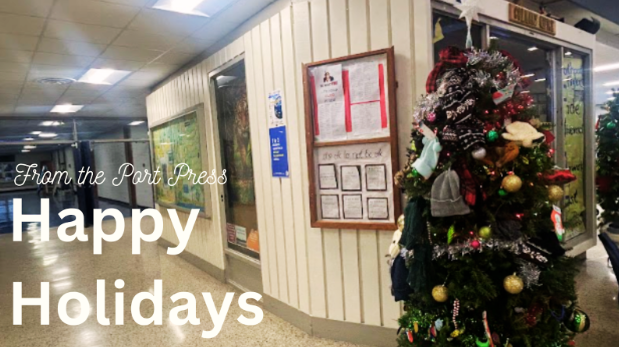



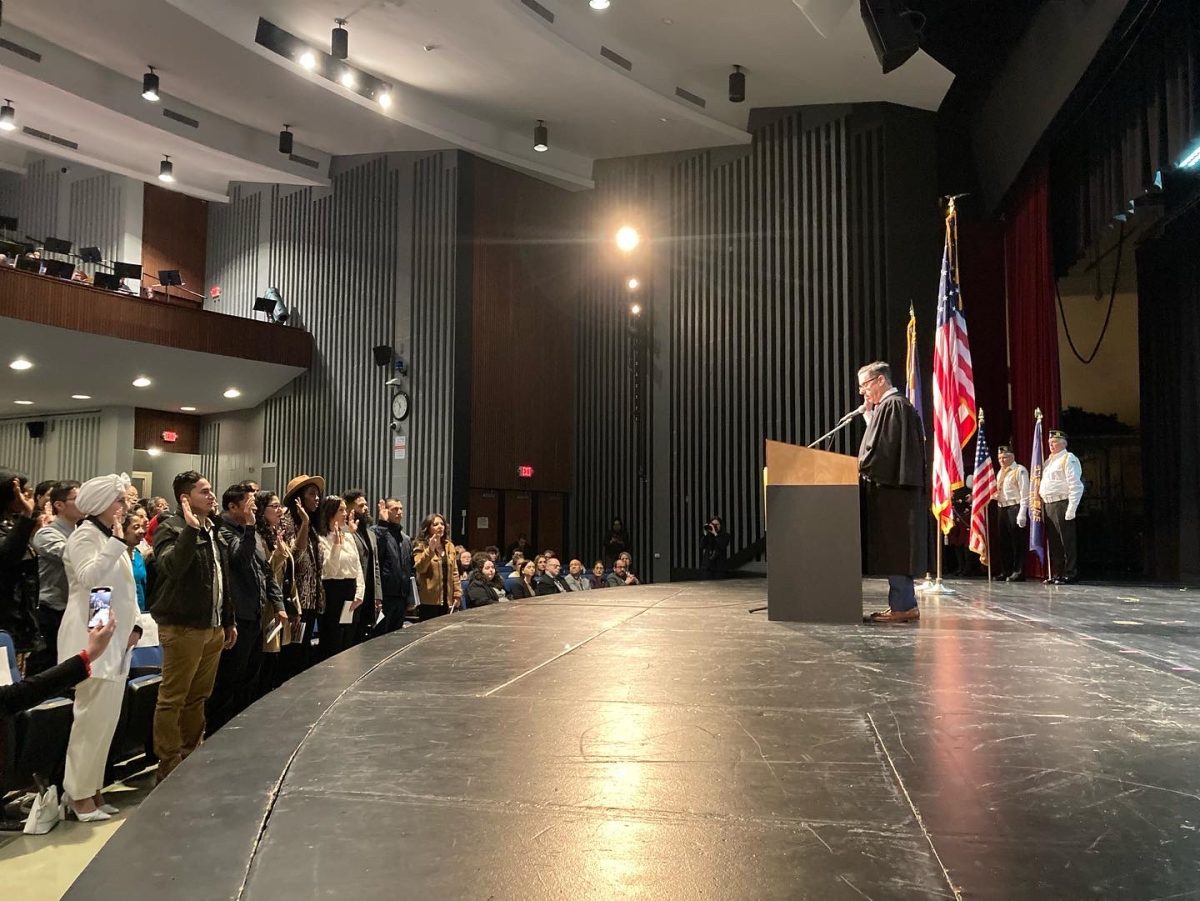
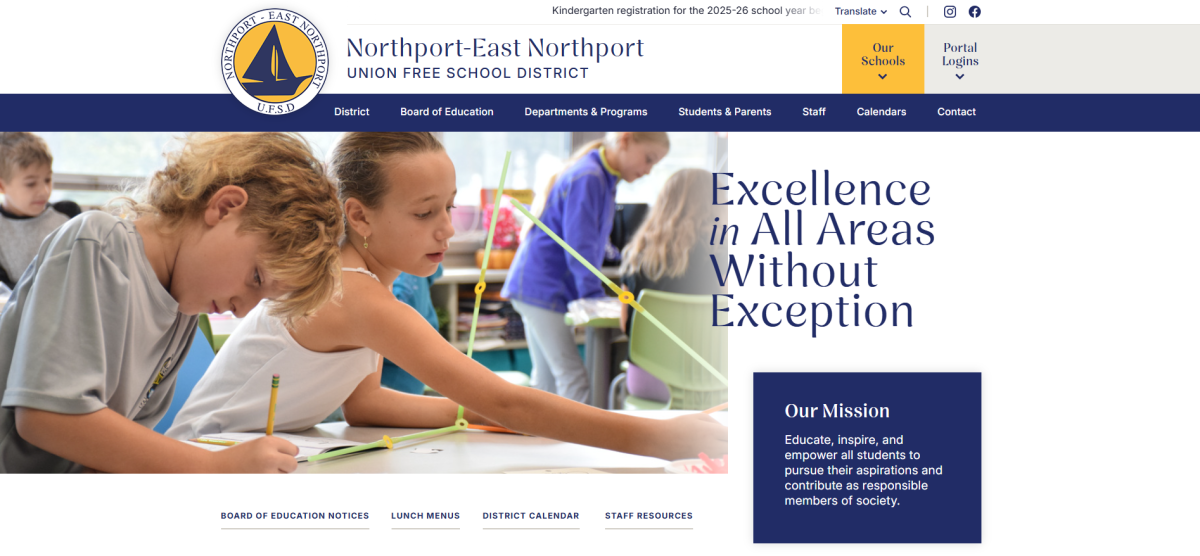





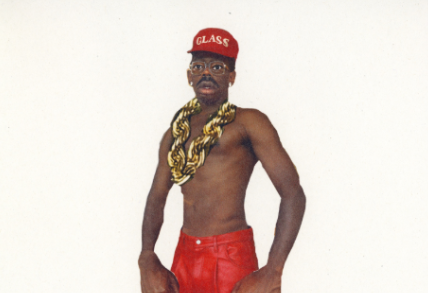



Naz • Dec 14, 2023 at 9:22 am
GREAT
Bruce Irvine • Dec 3, 2023 at 3:45 pm
YOU GO, PETER! This world loves you.